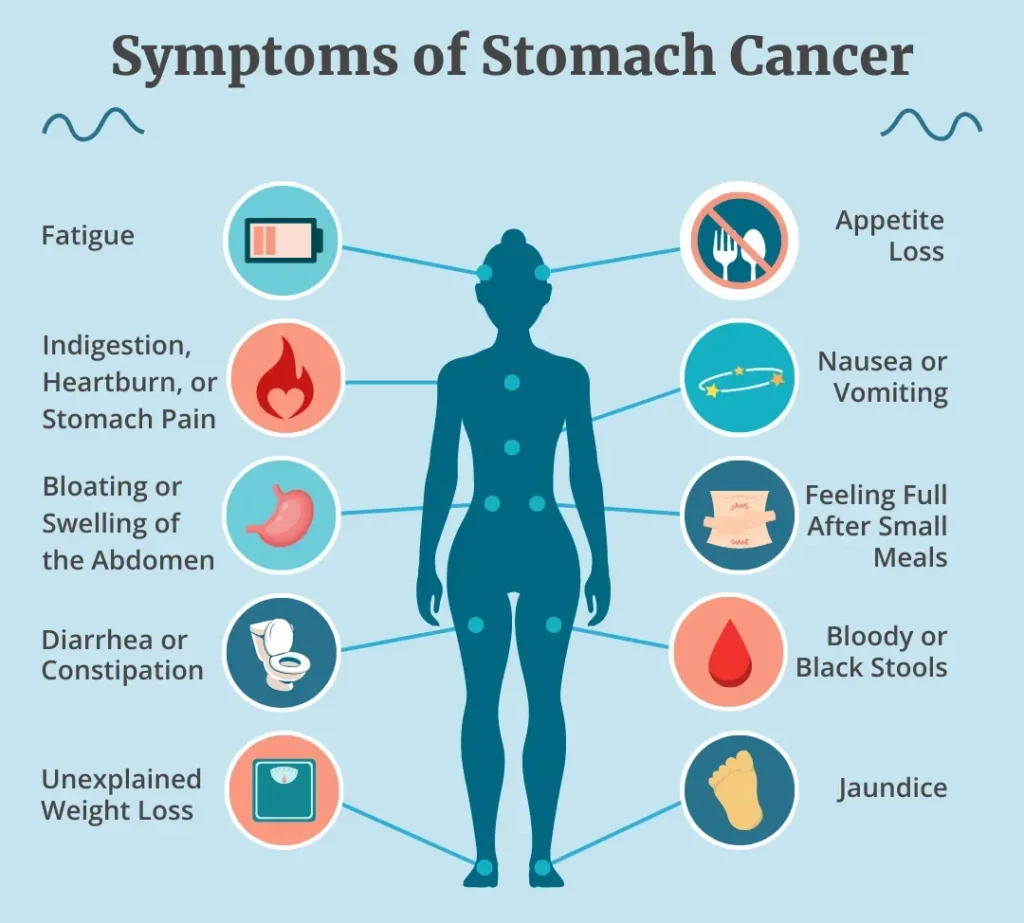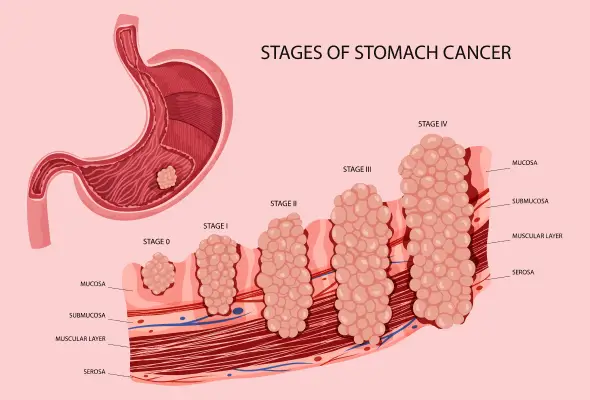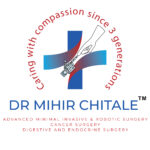Stomach Cancer – Symptoms, Treatment & Care
Stomach Cancer, also known as gastric cancer, begins when abnormal cells grow uncontrollably in the lining of the stomach. While it is less common than some other cancers, Stomach Cancer can be aggressive if detected late. Recognizing early warning signs, knowing risk factors, and seeking timely medical advice can make a meaningful difference.
This guide explains what Stomach Cancer is, common symptoms, risk factors, diagnosis, staging, treatment options, and prevention tips. It is designed for general education and should not replace professional medical advice.
What Is Stomach Cancer?
Stomach Cancer (gastric cancer) develops when cancerous cells form in the inner lining of the stomach. The two most common types are:
• Adenocarcinoma – the most common type, starting in the glandular cells of the stomach lining.
• Lymphoma, GISTs, and Carcinoid Tumours – less common types that begin in immune cells, connective tissue, or hormone-producing cells of the stomach.

Signs & Symptoms
Early Stomach Cancer may cause few or no symptoms. As the disease progresses, people may experience:
• Persistent indigestion or heartburn
• Difficulty swallowing or feeling full quickly
• Unintentional weight loss or loss of appetite
• Stomach pain or discomfort (especially above the navel)
• Nausea, vomiting (sometimes with blood)
• Fatigue or weakness
• Black, tarry stools (a sign of bleeding)
Seek prompt medical care if symptoms persist or worsen.


Risk Factors
Several factors increase the risk of developing Stomach Cancer:
• Chronic infection with Helicobacter pylori (H. pylori)
• Long-term gastritis or stomach ulcers
• Smoking and heavy alcohol use
• Diet high in salty, smoked, or pickled foods
• Family history of Stomach Cancer
• Obesity and poor diet low in fruits and vegetables
• Older age and male sex (risk rises with age)
• Certain inherited genetic conditions
Diagnosis & Staging
If Stomach Cancer is suspected, doctors may recommend:
• Upper Endoscopy (EGD): allows direct visualization and biopsy.
• Imaging Tests: CT, PET/CT, or endoscopic ultrasound to evaluate spread.
• Pathology & Lab Tests: confirm cancer type and molecular features.
Staging (I–IV): indicates how deeply the cancer has invaded the stomach wall, whether lymph nodes are involved, and if cancer has spread to other organs.
Treatment Options
Treatment is individualized based on stage, type of Stomach Cancer, and overall health:
• Surgery: gastrectomy (removal of part or all of the stomach), often combined with lymph node removal.
• Chemotherapy & Radiation Therapy: may be used before surgery (neoadjuvant), after surgery (adjuvant), or as primary treatment when surgery isn’t possible.
• Immunotherapy: boosts the immune system to target cancer cells in selected patients.
• Targeted Therapy: attacks specific genetic or molecular features of the tumor.
• Supportive Procedures: feeding tubes or stents to maintain nutrition and swallowing.
• Nutrition & Symptom Management: dietitian support, pain control, and rehabilitation.
Prevention & Early Detection
Living With Stomach Cancer
Managing Stomach Cancer often requires a multidisciplinary team: surgeons, oncologists, gastroenterologists, dietitians, and counsellors. Support includes:
• Guidance through treatment decisions
• Symptom and side-effect management
• Nutritional support and rehabilitation
• Emotional and psychological care
• Access to patient support groups and survivorship planning
FAQs About Stomach Cancer Best Treatment Options in Pune
Yes, Stomach Cancer and gastric cancer are the same condition—the terms are used interchangeably.
There isn’t a single cause. Common risk factors include H. pylori infection, smoking, unhealthy diet, family history, and long-term stomach conditions.
With early detection and access to the best treatment options in Pune, chances of cure are significantly higher. Outcomes depend on the stage of cancer, overall health, and how well the patient responds to treatment.
There is no standard screening test. However, individuals with higher risks may undergo regular endoscopy and other diagnostic tests as advised by their doctor in Pune.
Even with the best treatment options for Stomach Cancer in Pune, patients may experience side effects such as fatigue, nausea, digestion issues, weight loss, or taste changes. Experienced oncologists in Pune provide supportive care to manage these effectively.


